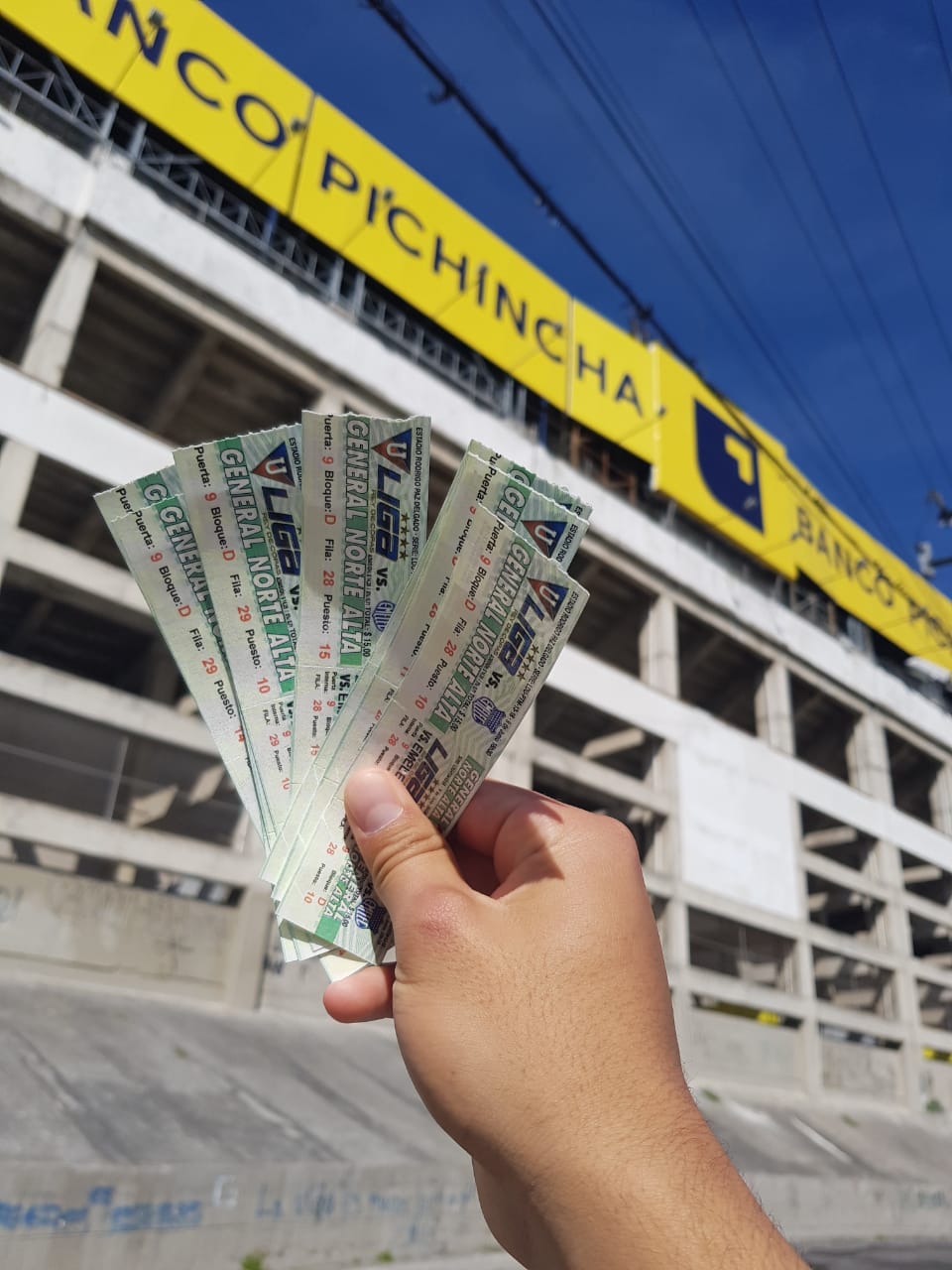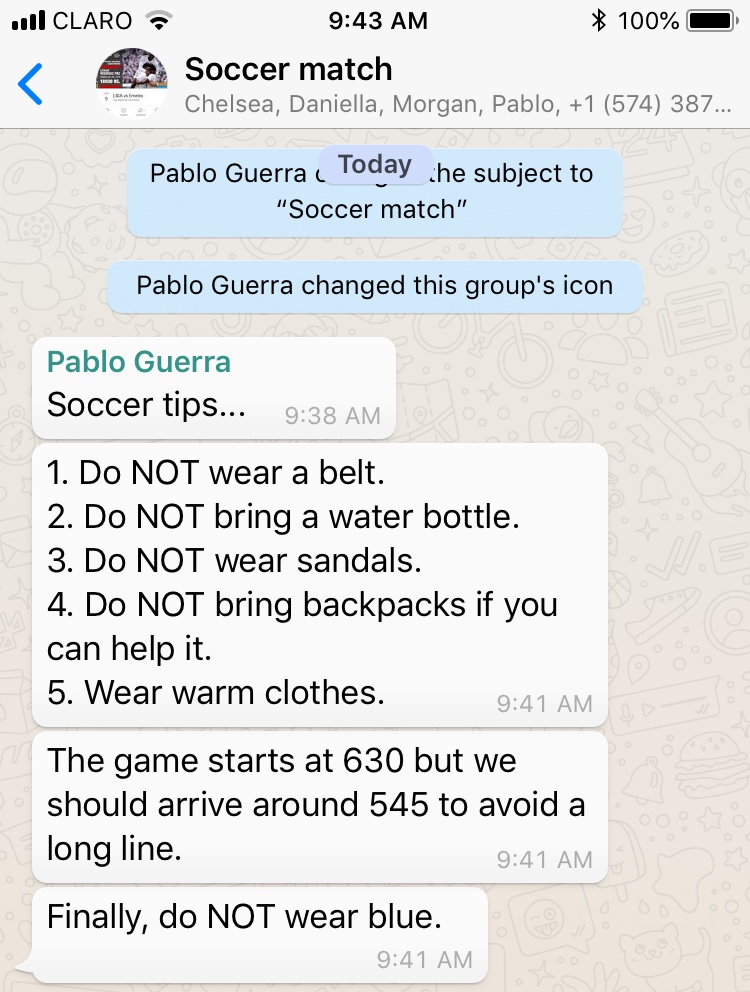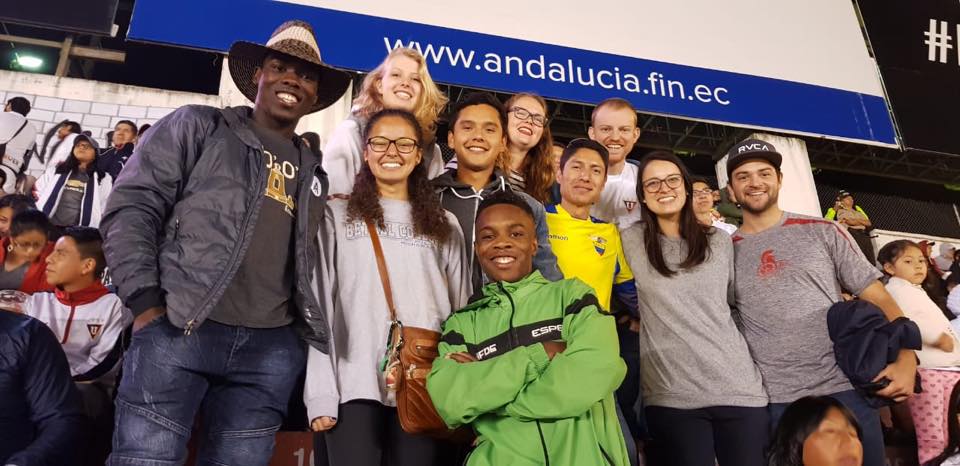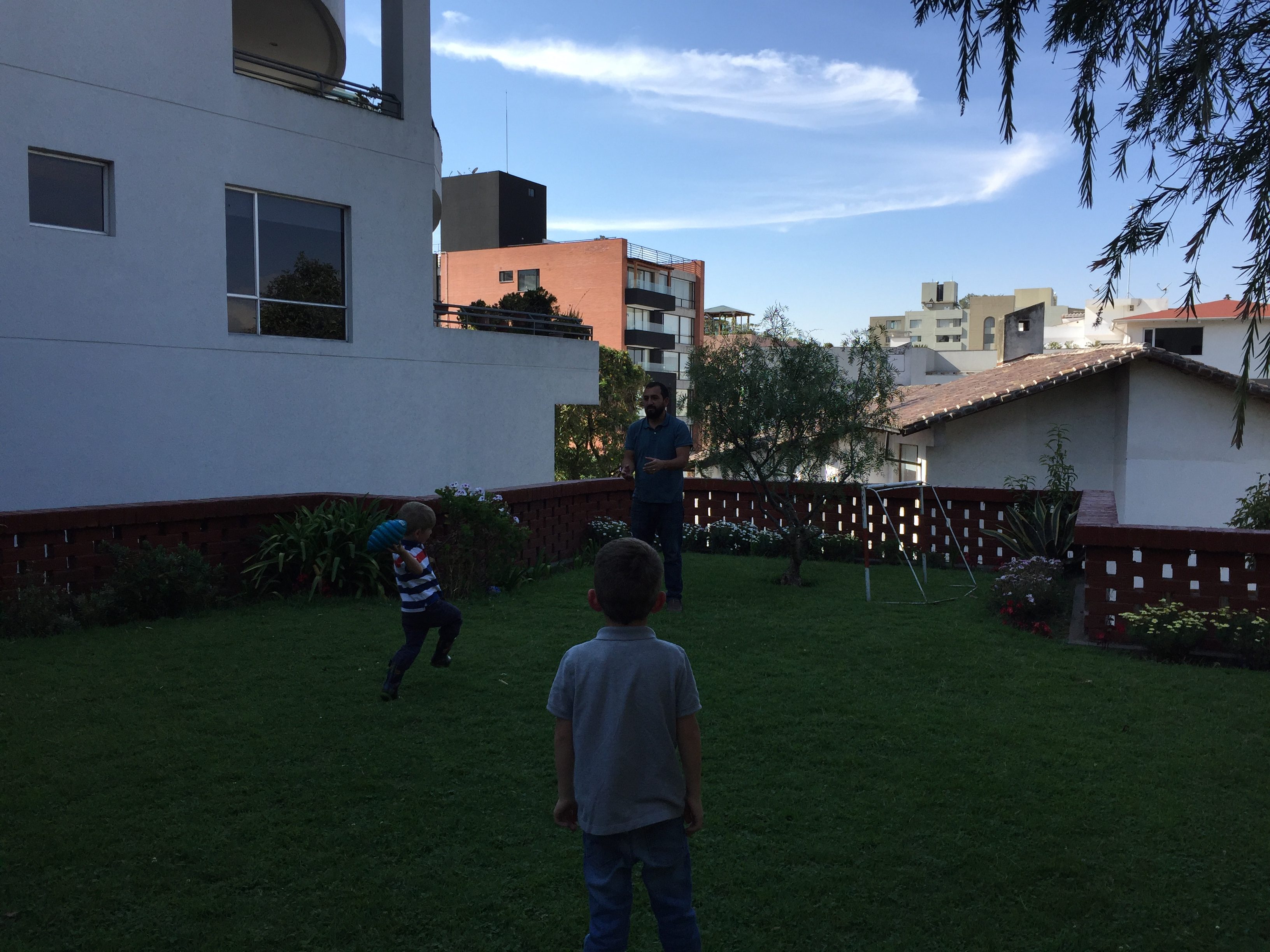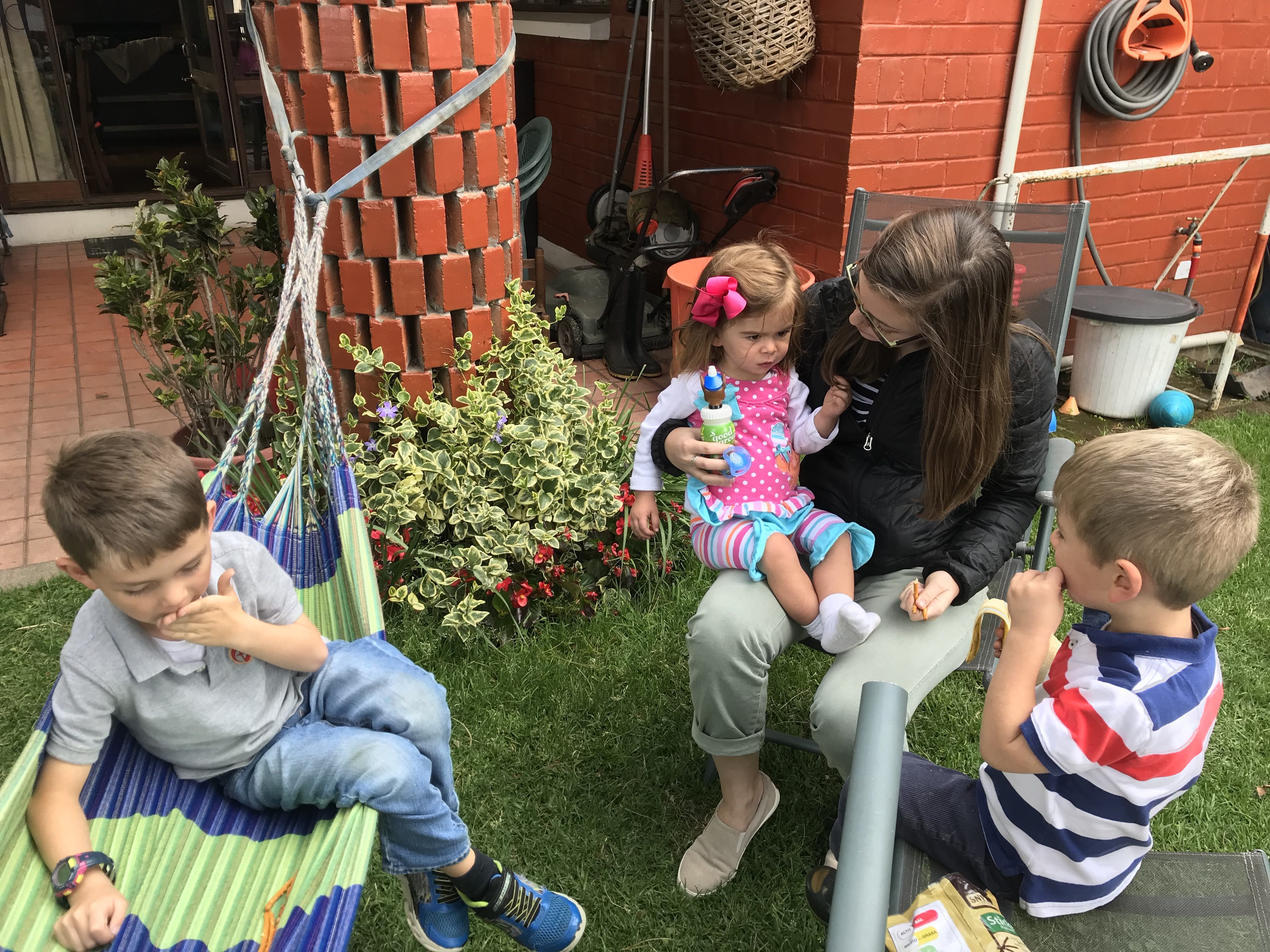Over twelve summers, I have had a lot of roles in our short-term program. I’ve been a team member, a team leader, a Quito Quest host, a site host and an additonal staff member on teams. I even once helped train a couple of hosts who would both the next summer become my maestros. But I have never actually done the Maestro roll until now.
Since 2008 I’ve been telling people that Quito Quest is the most work not the least sleep you’ll ever get, and I use that statement to make a point of just how much I love this program, because I keep coming back and doing it again and again. And while my perspective has slowly changed over time about how much sleep you actually need to do this job (I’m old… I need way more sleep now than when I was 22), my perspective has changed dramatically this summer on who it is that really has all the work to do.
When you’re a team host, you are responsible for all the people on a short-term team, for their food and housing and schedule and translation and cultural acquisition, and their medical needs. You’re there to take care of them from the moment they walk out of the secure section of the airport until you drop them off right back there eleven or so days later.
When you’re a maestro, you’re responsible for all that stuff, except for the interns, and for three months instead of a week and a half. And when seven of your eight hosts have never hosted before, you wind up being responsible for a lot of their job too, because it’s simply impossible to learn how to do this job perfectly in the two weeks between intern arrival and the start of Block 1 of teams.
An intern asked me after my Basilica orientation, “How much of that are we supposed to remember?” She had this seriously worried look on her face, and I just laughed, and tried to compassionately explain that I’ve been doing Basilica orientations for 11 years, and I’ve been there with all kinds of people, so I have learned a lot about the place. I dumped it all on those unsuspecting interns, hoping they’ll be able to regurgitate 40% of it or so this summer. I want give them all the information and experience and wisdom I have, but I certainly don’t expect them to know cold in one summer what I’ve been compiling since 2007.
Cameron has been laughing at me all summer as I ask deep questions to the interns and then press for answers. She remembers exhausted 2008 Danny who had to be forced to give more than one-word answers. I hadn’t figured out back then that it was okay to be an introvert and an internal processor. But I also hadn’t quite figured out back then how much the staff needed me to get out of that comfort zone and verbally let them know how they could take care of me. She also remembers 2008 Danny who would debrief teams until 11, get home at midnight, blog until 2am, and get up at 5 or 6 to do it all over again, because he thought you had to just run yourself into the ground to lead a team well. And now she’s watching me tell interns to hide out in the book bag room and take a nap or catch up on finances so they don’t have to stay awake so late at night.
It’s also a lot of work to put team hosts together as a pareja and to match those parejas up with teams. Figuring out how to compliment people’s gifts, and how to match them up with projects and team leaders and teams and ministry sites is a giant puzzle. And just as it’s impossible for the hosts to do their job in a perfect way, we (maestros and directors) will never quite get this part of our job perfect either. But I can tell you we talked about it and processed together way more than I ever thought would be necessary.
I love being here for summer, and I love getting to train and oversee all these hosts. But as I jump in and out of teams’ schedules and ministry sites, and do my best to care for our hosts who are caring for them, I have a lot more appreciation for Bryan, Dana, Darío, Christy, Manuel, and Kristin, who were all maestros for me at various times.

